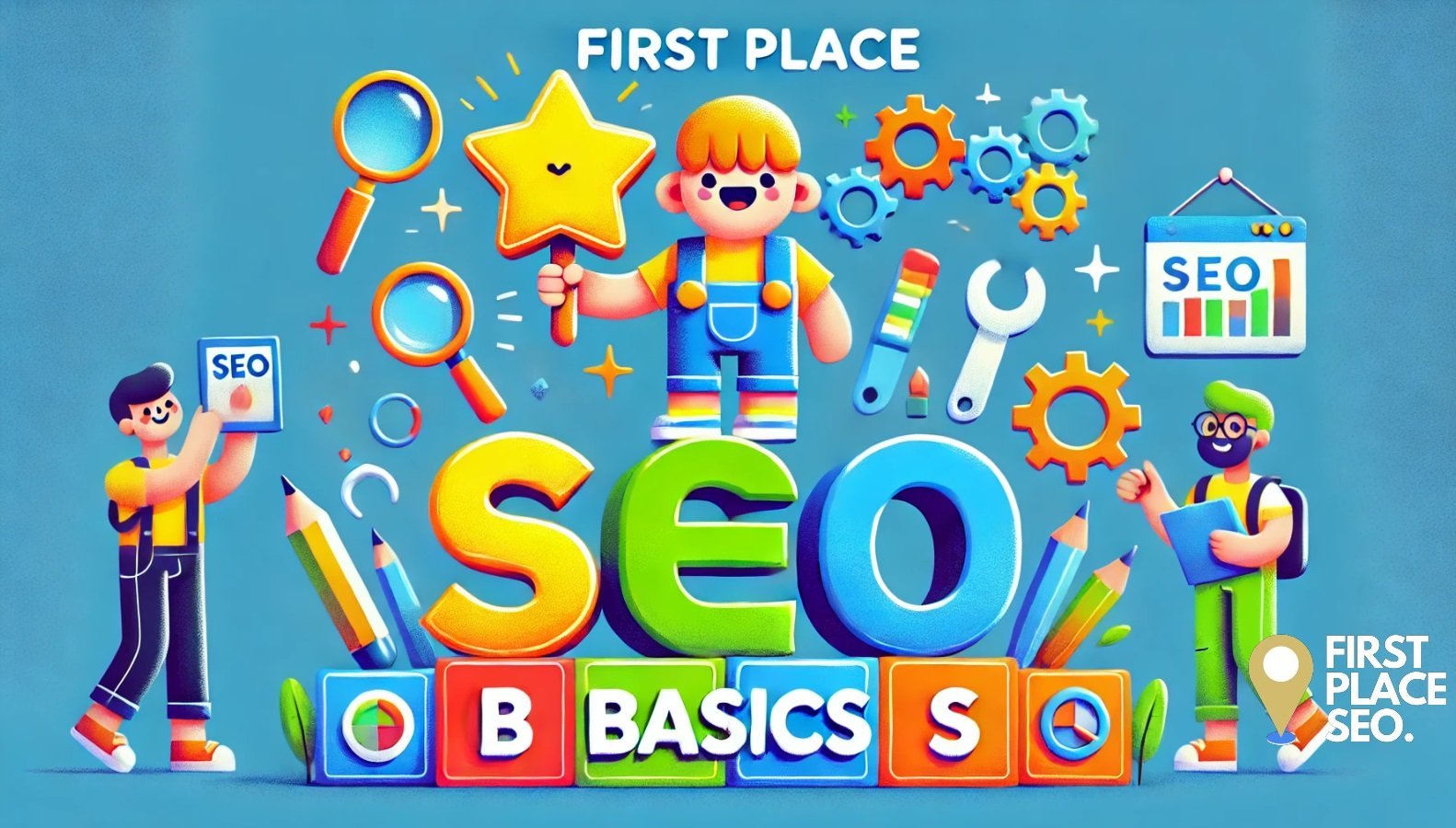How to Prioritise Keywords
Prioritising keywords is necessary for a successful SEO strategy. This guide will help you understand how to choose the right keywords to boost your website’s search engine rankings and drive relevant traffic.
Identify Your Business Goals
Objectives
Determine what you aim to achieve with your SEO strategy, such as increasing sales, generating leads, or building brand awareness.
Align Keywords with Goals
Ensure your chosen keywords support your business objectives.
Conduct Thorough Keyword Research
SEO Tools
Use tools like Google Keyword Planner, Ahrefs, SEMrush, and Moz to discover potential keywords.
Analyse Competitors
Check which keywords competitors are ranking for and identify gaps in their strategy that you can exploit.
Long-Tail Keywords
Focus on long-tail keywords, which are less competitive and more targeted.
Evaluate Keyword Metrics
Search Volume
Look for keywords with a significant number of monthly searches. Balance high-volume keywords with relevance and intent.
Keyword Difficulty
Assess the difficulty of ranking for each keyword. Higher difficulty means more competition.
Cost-Per-Click (CPC)
Consider the CPC if you’re planning to use paid ads. Higher CPC indicates higher commercial intent.
CTR and SERP Features
Consider the click-through rates (CTR) and the presence of SERP features that might impact visibility and click potential.
Consider User Intent
Informational
Users seek information. Use keywords like “how to,” “best ways to.”
Navigational
Users look for a specific website. Keywords include brand names or product-specific searches.
Transactional
Users intend to make a purchase. Keywords often include “buy,” “discount,” “deal.”
Commercial Investigation
Users research before making a purchase. Keywords include “best,” “top,” “review.”
Comparison and Local Intent
Include keywords for comparing products or targeting local searches.
Analyse Existing Content
Content Audit
Perform a content audit to identify which keywords you already rank for and where improvements can be made.
Keyword Gaps
Identify keywords you don’t rank for but are relevant to your audience.
Prioritise Based on Potential ROI
High Potential
Focus on keywords with a good balance of search volume, low to moderate competition, and high relevance to your business.
Quick Wins
Target keywords where you’re already ranking on the second or third page. Small optimisations can push you to the first page.
Long-Term Goals
Invest in high-difficulty, high-reward keywords for future gains.
ROI-Based Scoring
Implement a scoring system to prioritise keywords based on ROI potential, considering metrics like search volume, difficulty, and relevance.
Organise Keywords into Clusters
Topic Clusters
Group related keywords into clusters to target broader topics. This helps in creating comprehensive content that can rank for multiple keywords.
Content Mapping
Align clusters with content pieces, ensuring each piece targets a primary keyword and several secondary keywords.
Intent-Based Grouping
Group keywords by user intent to ensure your content addresses the needs at various stages of the buyer’s journey.
Monitor and Adjust
Track Performance
Use tools like Google Analytics and Search Console to monitor keyword performance.
Adjust Strategy
Continuously refine your keyword strategy based on performance data and changing trends.











